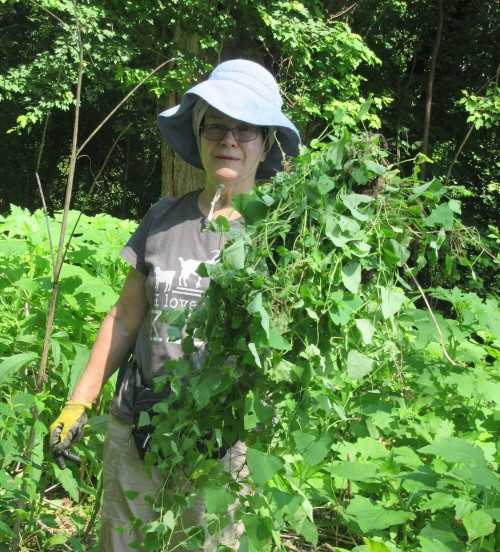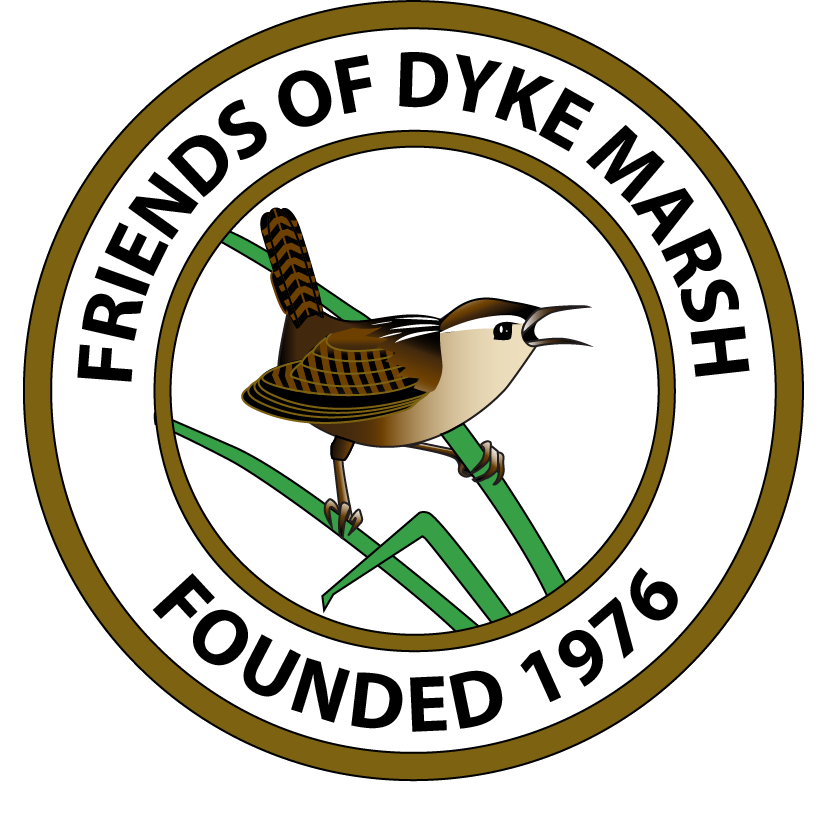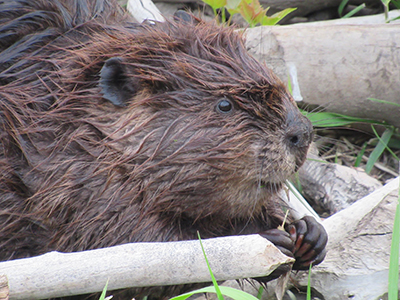Dyke Marsh: Explore, Learn and Protect
Friends of Dyke Marsh is a volunteer group dedicated to preserving, restoring and enhancing Dyke Marsh, a freshwater tidal marsh in Fairfax County on the Potomac River just south of Alexandria, Virginia.
The Dyke Marsh Wildlife Preserve is a unit of the George Washington Memorial Parkway and is administered by the National Park Service.
Upcoming Events

Help Tackle Invasive Plants
Help protect native plants by pulling and clipping invasive plants. We will train volunteers to identify the five or so target plants. We kindly ask that you not bring pets. Invasive plants can threaten and outcompete native plants.
Dates:
- February 14, 10 a.m. - 12 p.m.
- February 28, 10 a.m. - 12 p.m.
- March 14, 10 a.m. - 12 p.m.
- March 28, 10 a.m. - 12 p.m.
News
Discover the Wonders of Dyke Marsh
Habitat
Delve deeper into the wonders of marshes, their vital role in our ecosystem and the unique habitat they provide.
Wildlife
Birds, reptiles, mammals and more, learn about the diversity of wildlife that call Dyke Marsh home.
Plants
Discover the vital role native plants play in supporting biodiversity, restoring habitats and sustaining the ecosystem at Dyke Marsh.
Conservation
Explore our ongoing conservation and restoration efforts and discover how you can make a difference.




